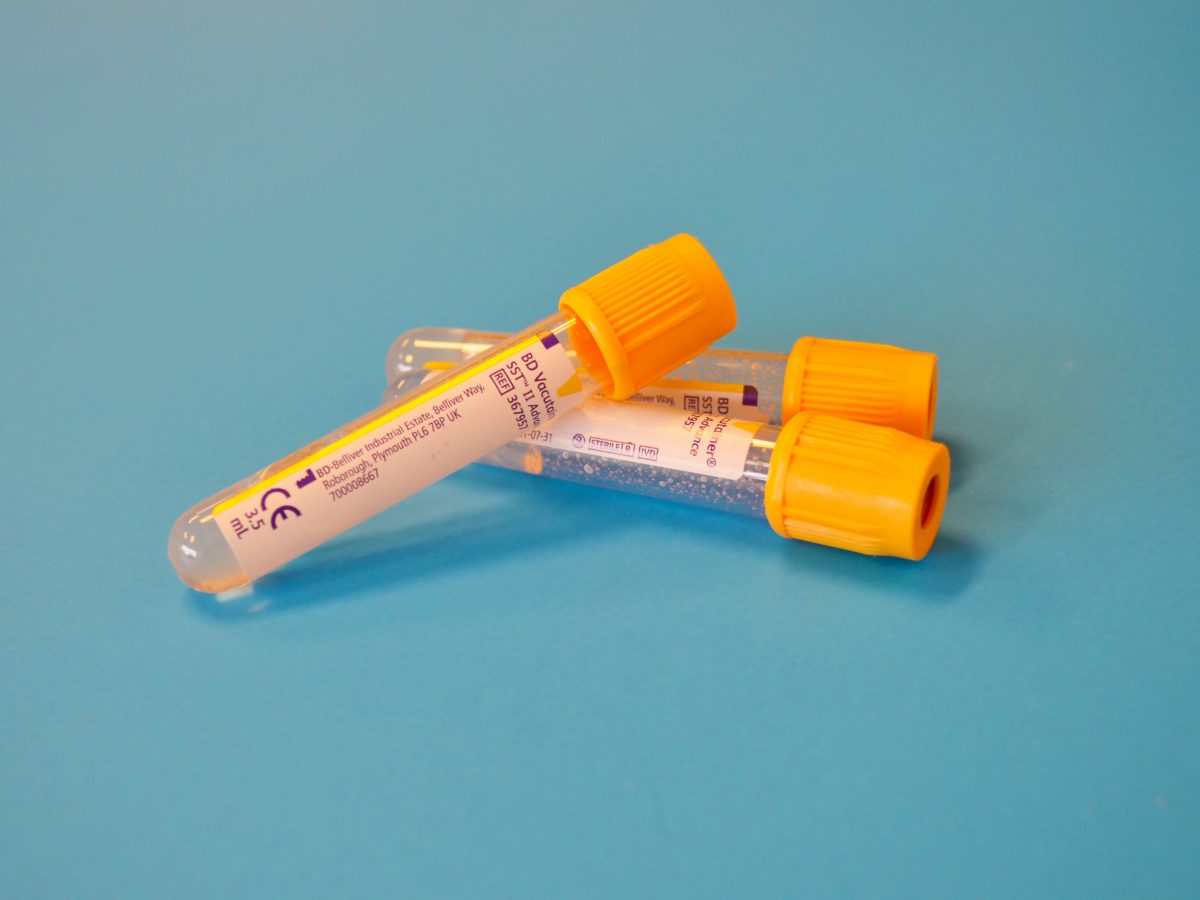A study compiled by Innerbody.com shows Memphis has the highest reported STD rate of any city in the United States. Memphis’ rates have overtaken those of Jackson, Mississippi, which had previously been reported as number one.
The report also showed that cities located in the South have reported the highest numbers out of the 100 cities ranked.
The information was compiled from data by the Centers for Disease Control and Prevention (CDC). The report showed Memphis reported 1,460 STD cases per 100,000 people, with a total of five HIV cases, 4,772 gonorrhea cases, 9,681 chlamydia cases, and 605 syphilis cases.
While the data showed the numbers have worsened over the year, “the STD burden is not equal within our cities. … While we witness increases in STD infection across many groups, the STD burden continued to hit minority racial and ethnic groups the hardest,” the report said.
This report comes months after the state of Tennessee announced it would be cutting funding for programs “that are not affiliated with metro health departments as of May 31st.”
Krista Wright Thayer serves as the director of outreach and prevention for The Haven, a resource located at 622 Minor Road that “strives to promote the physical, mental and social well-being of everyone impacted by — or potentially impacted by — HIV, stigma or lack of support.”
Thayer said, speaking for an organization that will be affected by these funds being cut, the people Governor Bill Lee hopes to prioritize are “percentage-wise, not nearly at high risk for HIV infection” as marginalized communities.
Thayer said many believe the disease predominantly affects African-Americans because of behavior, but that it’s primarily due to poverty levels. “Those who are in high poverty areas don’t have access to care as much; they also can’t prioritize care as much as they would like to, because if you don’t know where your next meal is coming from, you’re not going to prioritize HIV prevention.”
Thayer said people who know about underserved communities know they have lack of access to care, meaning they are the people who need to be prioritized.
“Those are the ones where you have to bring the care to them, and that’s the work we do. That’s our outreach work,” Thayer said. “I can’t for the life of me understand why the governor would want to prioritize mother-to-baby HIV infections, when that’s not really a thing anymore with the advanced medicines that we have.”
According to HIVInfo, “the use of HIV medicines and other strategies have helped lower the rate of perinatal transmission of HIV to 1 percent or less in the United States and Europe.”
Thayer said the governor wants to prioritize first responders and EMT workers, despite HIV infections “being very very low” as a result of post exposure prophylaxis (PEP.)
While there are efforts being made that will affect the way people are able to access HIV prevention services and testing, Thayer explained there are also stigmas that stand in the way of this.
One of the best ways, according to the CDC, to prevent the spread of HIV is by being on PrEP (pre-exposure prophylaxis), Thayer said. “When I talk to some clients, some of them don’t want to be associated with taking a medicine every day. A lot of people think that people who are on PrEP are promiscuous, and they don’t want to be seen as just having a lot of casual sex, because that’s stigmatizing.”
Thayer said The Haven has money and grants they will be using sparingly, to not only host events, but to provide HIV testing and reduce stigma.
“We really have to work on how we see people living with HIV,” she said. “It’s easier to treat than diabetes, and the way our culture sees people living with HIV is not in a bright light.”
